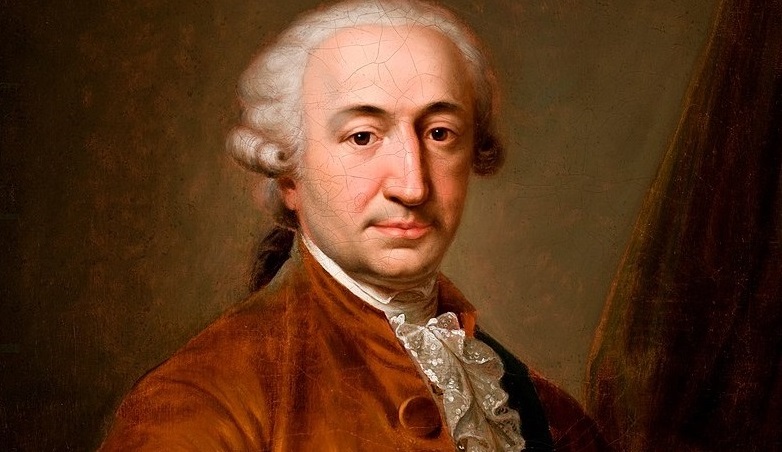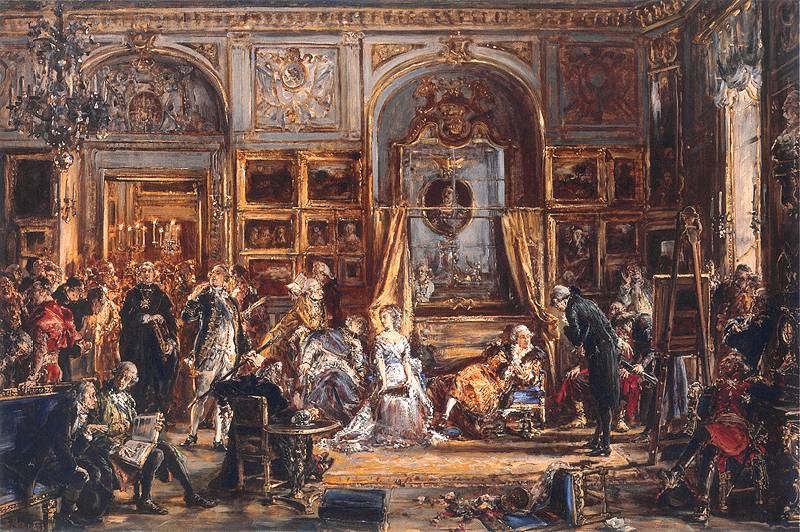Cardinal Stefan Wyszyński: on the road to greatness (1901–1956)
Cardinal Stefan Wyszyński played an extremely important role in the history of Poland. His Primate’s ministry (1948–1981) fell entirely during the period of communist dictatorship. The Primate not only secured the survival of the Church, but also contributed to the growth of its public authority, and the formation of opposition attitudes towards the undemocratic power….




